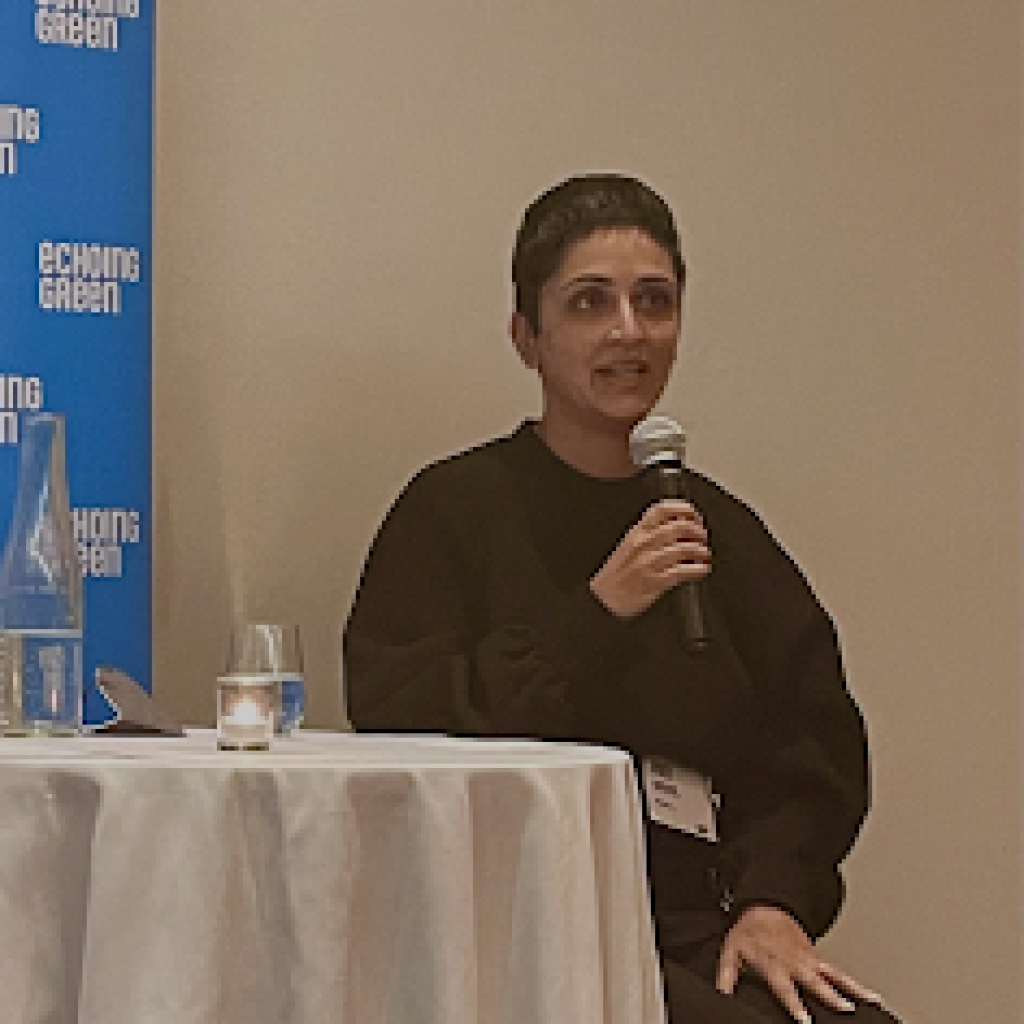Krishtel has spent 20 years exposing structural inequities affecting access to medicines and vaccines across the Global South and in the United States…reports Asian Lite News
Indian-American health justice lawyer Priti Krishtel, along with four other US-based experts, has been named to the O’Neill-Lancet Commission on Racism, Structural Discrimination and Global Health.
Housed at Georgetown University Law Center in Washington, the three-year commission, co-led by UN Special Rapporteur on right to health, seeks to identify anti-racist strategies to improve health globally.
The panel includes close to 20 experts from across the globe, with a purpose to promote anti-racist strategies and actions that will reduce barriers to health and wellbeing.
“I’m so proud to serve on this Commission that will help shape a future where all people know they can keep their loved ones healthy, where people actively shape what access to medicines looks like for their families and communities,” Krishtel said in a statement.

She has spent 20 years exposing structural inequities affecting access to medicines and vaccines across the Global South and in the United States.
Krishtel was chosen as 2022 McArthur Fellow for exposing inequities in the patent system to increase access to affordable, life-saving medications on a global scale.
Early in her career, she worked to increase access to antiretroviral (ARV) treatments at the height of the global AIDS epidemic, and in 2006, she co-founded the Initiative for Medicines, Access, and Knowledge (I-MAK) to ensure the public had a voice in the pharmaceutical patent system.
The concept of the Commission is founded on the recognition that racism, rather than race, creates and maintains unjust and avoidable health inequities in countries around the world. Racial and ethnic disparities in health outcomes are increasingly recognized worldwide, according to a university statement.
It added that the Commission will go beyond simply documenting disparities, as that is insufficient for understanding the connections between race, ethnicity, structural discrimination and global health.

Leave a Reply